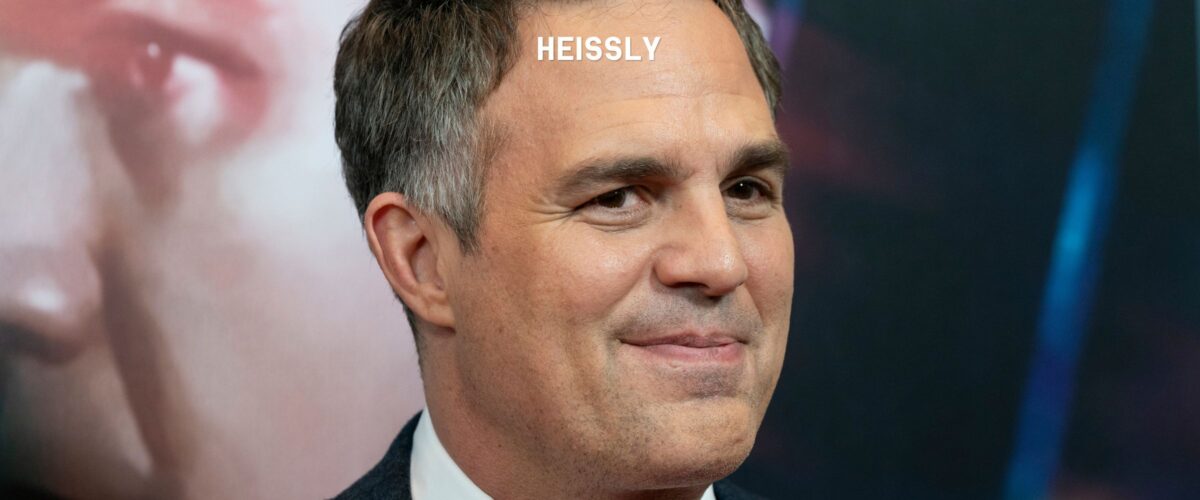Mark Ruffalo Accuses Republicans of “Preying on Democrats’ Decency”
Actor and activist Mark Ruffalo, known for his role as Bruce Banner in Marvel’s Avengers franchise and for his outspoken political views, delivered sharp criticism of Republican lawmakers and strategists in recent remarks. Speaking about the current political climate in the United States, Ruffalo accused Republicans of “preying” on Democrats’ goodwill and using tactics that, in his view, discourage resistance to authoritarianism.
Ruffalo’s Comments
In his statement, Ruffalo argued that Republicans deliberately take advantage of Democrats’ sense of fairness and their willingness to “speak truth to power.” According to him, this exploitation has made it harder for progressives and moderates to counter policies and rhetoric that they see as harmful or undemocratic.
“What they do is they prey on our decency,” Ruffalo said. “They’re preying on our ability to speak the truth to power. That’s what this whole anti-fascist move is. They don’t want you fighting against fascism.”
The actor’s remarks appear to reference both the long-running debates about protest movements and the way political actors frame opposition. He invoked “anti-fascist” activism—often referred to as “antifa”—suggesting that efforts to delegitimize such movements are part of a broader strategy to neutralize opposition to authoritarian tendencies.
A History of Activism
Ruffalo has been politically outspoken for years, especially on issues such as environmental protection, income inequality, and human rights. He has supported progressive candidates and often uses his platform to advocate for social and environmental causes.
His most recent comments reflect frustration with what many on the left see as a growing authoritarian streak in American politics. By invoking “fascism,” Ruffalo ties his critique to historical examples where democratic norms eroded because opponents underestimated the tactics of their rivals.
Republicans Respond
While Ruffalo did not name specific Republican figures, his remarks mirror common criticisms from Democratic lawmakers and activists who argue that GOP leaders use procedural maneuvers, aggressive messaging, and voter suppression efforts to consolidate power. Supporters of Republican policies, however, often reject such characterizations, arguing instead that they are defending free speech, protecting public order, or countering what they perceive as extremism on the left.
Critics of antifa point to violent incidents at protests and accuse activists of undermining public safety. Republican officials have at times labeled antifa a domestic terror threat, although federal law enforcement agencies have not designated it as such. For some conservatives, Ruffalo’s framing exemplifies what they see as Hollywood’s out-of-touch liberalism.
The Broader Debate Over “Decency” in Politics
Ruffalo’s remarks tap into a larger conversation about political norms and civility. Many Democratic voters and officials pride themselves on valuing decorum, fact-based debate, and compromise, but some progressives argue that these values can become liabilities when facing opponents who do not play by the same rules.
Political scientists have noted that asymmetry in tactics between parties can shape outcomes. For example, in judicial appointments, gerrymandering, and use of the filibuster, Republicans have often taken more aggressive approaches. Supporters see this as a necessary response to a polarized environment, while critics describe it as an erosion of democratic guardrails.
Ruffalo appears to be warning that Democrats must not allow their “decency” to become a weakness. His remarks echo those of activists who say that safeguarding democracy sometimes requires confrontation rather than consensus.
Antifascism as a Flashpoint
By highlighting “the whole anti-fascist move,” Ruffalo steps into one of the most charged debates in contemporary politics. Antifascism, as an idea, has deep roots in European history, but in the U.S. the term “antifa” has been used both to describe a loosely organized movement opposing far-right extremism and as a pejorative label wielded by conservatives.
Opponents of antifa claim it promotes violence and chaos. Supporters counter that antifascist action is a moral imperative given the rise of hate groups and authoritarian politics. Ruffalo’s comments suggest that efforts to stigmatize antifascist activism are part of a larger strategy to discourage collective action against authoritarianism.
Hollywood and Politics
Ruffalo is hardly alone among actors who speak out about politics. Fellow celebrities such as George Clooney, Robert De Niro, and Jane Fonda have long been vocal on issues ranging from war to climate change. However, such interventions are not without controversy. Critics argue that Hollywood figures lack expertise and use their fame to amplify partisan messages, while supporters say celebrities have the same rights as anyone else to voice opinions, and their platforms can draw attention to important issues.
In Ruffalo’s case, his comments quickly circulated on social media, sparking debates among supporters and detractors alike. Some praised him for calling out what they see as hypocrisy and manipulation, while others accused him of demonizing half the country.
What Comes Next
It remains to be seen whether Ruffalo’s remarks will influence public discourse or political action. For now, they serve as a reminder of the tensions running through American politics as the 2024 election season unfolds. With issues such as voting rights, protest movements, and the role of celebrity activism in the spotlight, Ruffalo’s statement adds to an already heated conversation.
Whether Democrats will heed his warning and adopt a more combative stance—or whether Republicans will respond to such criticism—remains unclear. But Ruffalo’s framing of the issue as a struggle over decency, truth, and resistance to fascism reflects a growing anxiety about the health of American democracy.
Conclusion
Mark Ruffalo’s accusation that Republicans are “preying on Democrats’ decency” underscores the deep polarization of U.S. politics and the increasingly stark language used to describe it. His remarks highlight tensions not only between the two major parties but also within the Democratic coalition over how best to confront perceived threats to democratic norms.
For Ruffalo, the stakes are existential: he portrays the struggle not as a routine partisan dispute but as a moral battle over truth, power, and resistance to authoritarianism. Whether voters, lawmakers, and activists share his sense of urgency—or reject it as Hollywood hyperbole—will shape the next chapter of America’s political story.
